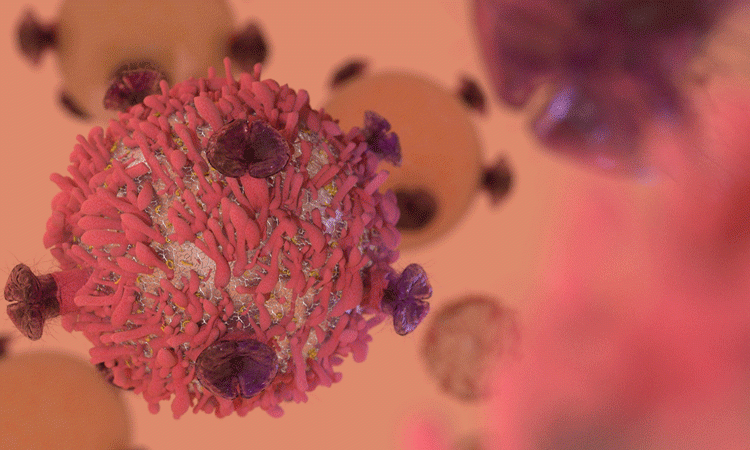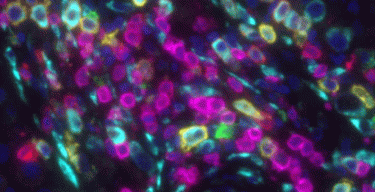Study finds B cells could improve immunotherapies for cancer
Posted: 13 September 2019 | Victoria Rees (Drug Target Review) | No comments yet
Researchers have discovered that B cells aid T cells in fighting cancer, which could be an area of development for immunotherapies.


A study has identified a potential pathway for improving therapies to combat cancer. The researchers found that B cells could enhance immunotherapy to treat melanoma, which is currently focused on T cells.
The investigation was conducted by the European Molecular Biology Laboratory’s (EMBL) European Bioinformatics Institute, UK and the Medical University of Vienna, Austria.
Established immunotherapies utilise T cells, which form an essential arm of the immune system’s fight against cancer cells. However, the researchers found that B cells can guide T cells to tumours via the secretion of distinct messenger molecules.
Biomarkers are redefining how precision therapies are discovered, validated and delivered.
This exclusive expert-led report reveals how leading teams are using biomarker science to drive faster insights, cleaner data and more targeted treatments – from discovery to diagnostics.
Inside the report:
- How leading organisations are reshaping strategy with biomarker-led approaches
- Better tools for real-time decision-making – turning complex data into faster insights
- Global standardisation and assay sensitivity – what it takes to scale across networks
Discover how biomarker science is addressing the biggest hurdles in drug discovery, translational research and precision medicine – access your free copy today
The team observed that when B cells were depleted from melanoma patients, the number of T cells and other immune cells dramatically decreased within tumours. In subsequent experiments, the researchers showed that a certain subtype of B cells appeared to be responsible for guiding T cells and other immune cells to tumours.


Using multiplex-immunostaining to characterise B cells (credit: Christine Wagner).
The melanoma cells seemed to force the B cells to develop into their subtype. The team found that the specific subtype also increased activation of current immune therapies on T cells and promoted higher numbers of this B cell subtype in tumours.
“For the first time, we found that B cells also play an important part in the process and help T cells find the tumour. The role of B cells in immunotherapy is still largely unknown, but it seems they may have more impact than previously thought,” explains Johannes Griss, Researcher at the Medical University of Vienna and EMBL-EBI.
According to the researchers, more investigation is needed into the mechanisms driving B cells, but this could support current immunotherapies in cancer patients.
The results were published in Nature Communications.
Related topics
Drug Targets, Immunotherapy, Oncology, Research & Development, T cells
Related organisations
European Bioinformatics Institute (EMBL-EBI), Medical University of Vienna
Related people
Johannes Griss








